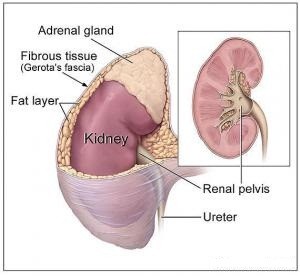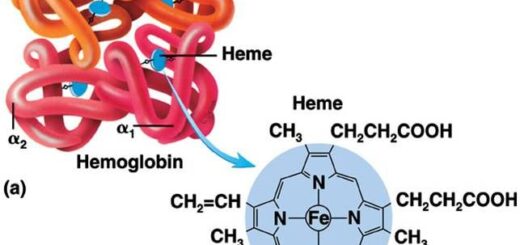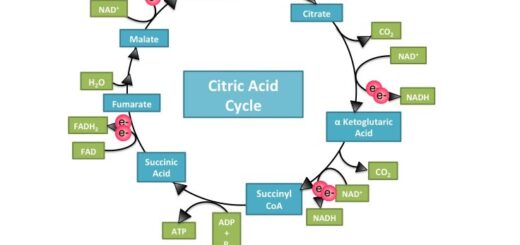Hormone therapy, Causes and types of Kidney cancer
What are the kidneys?
Kidneys are the pair of bean-shaped, fist-sized organs below the rib cage in the back of the abdomen, One sits on each side of the spine, They can filter the waste products, The excess water, and the salt from the blood, and they regulate the body’s balance of fluids.
The kidneys produce the hormones that monitor the blood pressure and regulate the production of the red blood cells, The patients whose kidneys have failed or they don’t work well, They need the dialysis or the kidney transplant, During the dialysis, The machine takes on the job of filtering the waste products from the blood.
Kidney Cancer
Kidney cancer occurs when the abnormal kidney cells grow and divide uncontrollably, and the cells invade and destroy the normal kidney tissues, and they can spread (metastasize) to the other organs, Even if the person has the kidney cancer, The kidneys may still function normally.
Kidney cancer includes the renal cell carcinoma that has several sub-types, and the transitional cell carcinoma, The most common types of the renal cell carcinoma are the clear cell cancer, the papillary cell cancer, and the chromophobe renal cell cancer.
The renal cell carcinoma accounts for most kidney cancers, It starts in the lining of the small tubes which make up the kidney, Although the renal cell carcinoma typically develops as the single tumor in one kidney, It affects more than one part of the kidney or even both kidneys, It has been linked to smoking and exposure to cadmium.
Certain genetic abnormalities can cause the renal cell carcinoma or they make people more likely to develop it, cancer starts at an early age and they may affect both kidneys, The people with von Hippel-Lindau disease are prone to the developing kidney cancer.
The transitional cell carcinoma accounts for only the small percentage of kidney cancers, It usually starts in the renal pelvis, This funnel-shaped structure that connects the ureter to the essential part of the kidney, and it drains the urine from the kidney.
The transitional cell carcinoma can also affect the ureters that carry the urine from the kidneys to the bladder, and the bladder lining, The studies suggest that this type of cancer is linked to the smoking, and the pain reliever phenacetin may be associated with an increased risk of kidney cancer.
The risk of kidney cancer is higher if kidney cancer runs in your family or if you smoke, If you are obese, Or you have had prolonged exposure to the asbestos, the cadmium, or the petroleum products, Or you have family members who have had kidney cancer.
The risk of kidney cancer is higher if you have had long-term dialysis treatment, Or you are between ages 50 and 70, or you have tuberous sclerosis, The disease characterized by the bumps on the skin caused by the small tumors in the blood vessels.
If you have von Hippel-Lindau disease, a rare genetic disorder which causes the tumors to grow in various parts of the body, The most kidney cancers in the children develop before age 5, and they are commonly called Wilms’ tumors.
Hormone therapy, Symptoms, Diagnosis, and Treatment of Kidney cancer




